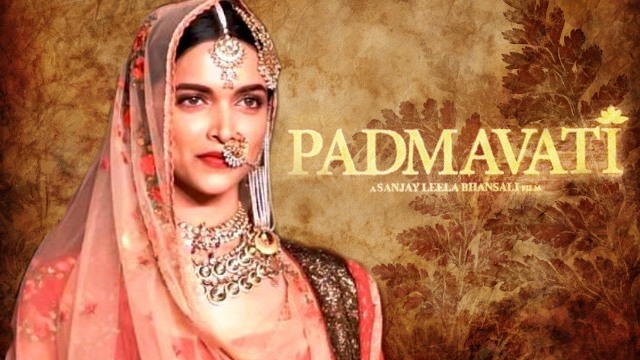 A film about a fictitious queen of Chittor in the modern-day state of Rajasthan appeared to have led to at least one death.
A film about a fictitious queen of Chittor in the modern-day state of Rajasthan appeared to have led to at least one death.
The dead hand of religion was felt again in the sub-continent in November as Hindu zealots mounted protests that stopped the release of a movie in India and Islamist extremists brought Pakistan to a halt over a minor change in the wording of an oath of office.
The furore over ‘Padmavati’, a film about a fictitious queen of Chittor in the modern-day state of Rajasthan, appeared to have led to at least one death after a man’s body was found hanging from the ramparts of Jaipur’s Nahargarh fort. Scrawled on rocks near the body was the message: ‘Protest against Padmavati. We don’t just burn effigies, we kill,’ the New Indian Express reported. Directed by Sanjay Leela Bhansali, one of Bollywood’s most acclaimed film-makers, the movie is based on an epic poem written in the 16th century. It is an allegorical tale of a talking parrot and a sultan’s pursuit of the famous beauty, also known as Rani Padmini, who eventually throws herself on to her husband’s funeral pyre. The grisly death of the mythical character, followed by the jauhar, or mass self-immolation, of 16,000 women of Chittor, has become such an emblem of traditional feminine duty and self-abnegation that right-wing Hindu groups began to denounce the film before it had even been made.
Karni Sena, a Hindu nationalist association linked to the Rajput caste, twice vandalised the sets of the film and destroyed equipment in protest at alleged (but non-existent) romantic scenes, India Today reported, and arson attacks were threatened against any British cinema that dared to show the film. Five states banned the film, which was reportedly insured against riots or strikes preventing the audience seeing it, the Times of India said. Hindu extremist groups seemed to compete with each other to ratchet up the bloodcurdling threats. One threatened to chop the nose off Deepika Padukone, the actor who stars as Padmavati, and an official of the ruling BJP party in Haryana state told a rally that he would pay £1m to anyone who beheaded Padukone and Bhansali, the Guardian reported.
Meanwhile, in Pakistan, the government had to call out troops in the capital, Islamabad, to disperse violent Islamist protesters who had been blocking a main highway for weeks in a protest over a change in the wording of an oath of office for MPs that omitted a reference to the Prophet Muhammad.
At least six people died and hundreds were injured as the army tried to restore order, with demonstrations spreading to Lahore, Karachi and other cities, the BBC reported. Nearly 10,000 police and paramilitaries had tried to clear protesters before retreating as thousands gathered at junctions in Lahore, the Guardian reported. Private TV channels were taken off air and the house of the justice minister, Zahid Hamid, was broken into by the mob. Probably fearing for his life – as anyone accused of blasphemy in Pakistan would – Hamid made an avowal of his piety on social media but eventually resigned. Khadim Hussain Rizvi, the incendiary cleric who leads the hardline party Tehreek-e Labbaik at the head of the protest, had said he aimed to bring the country to a halt, the Guardian said, and he appeared to have achieved his aim. Along with his fellow zealots in India, the mullah proved that religious bigotry has gained the upper hand over the secular tradition in both countries.



